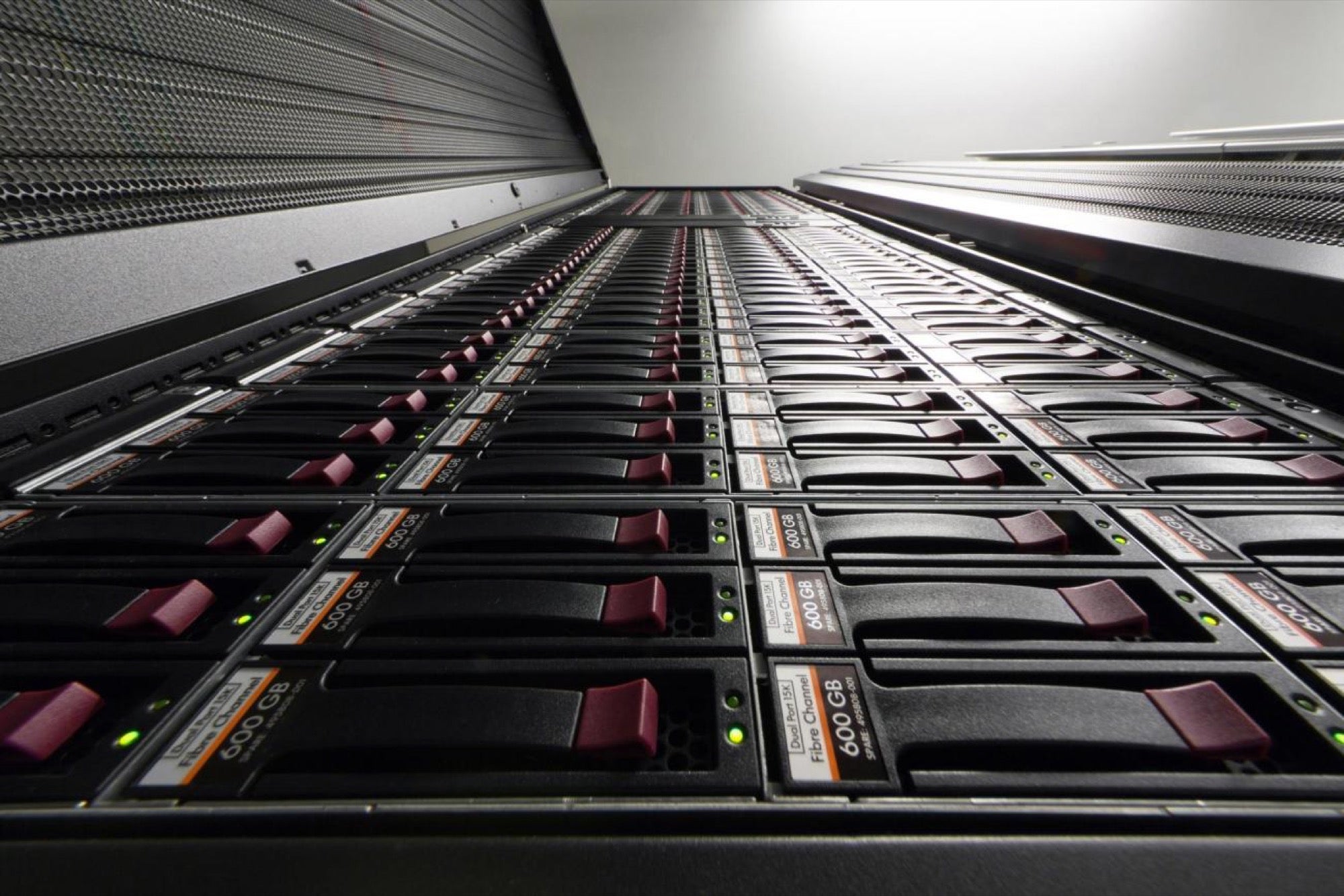You Need Big Data Now: 5 Professions That Can Benefit Success is in the details, and the details are in the data.
By Chris Neumann Edited by Dan Bova
Opinions expressed by Entrepreneur contributors are their own.

These days a lot of buzz surrounds "big data." But, data isn't just for data scientists. More and more decisions are being made with the weight of data behind them. From budget allocation to lead generation and everything in between, data is giving us the means to be more effective in the workplace.
Related: Without Good Analysis, Big Data Is Just a Big Trash Dump
And, whether you know it or not, you yourself are sitting on a wealth of data. More likely than not, you can also do your job better with data. How? To start, here are five common occupations that can easily use data to improve their jobs:
1. Marketers
The days of going-with-your-gut decisions are over. Omni-channel marketing is increasingly the focus of marketers seeking to develop personalized campaigns and loyal relationships with their customers. Marketers should combine and analyze their data across the services they use every day -- like HubSpot and Google Analytics -- resulting in a holistic view of campaign performance.
By visualizing sessions, conversions or return on investment of each campaign they do, marketers can effectively leverage campaign analytics. Additionally, they can optimize email marketing by analyzing user-engagement data like click-through rates, downloads or purchases.
2. Salespeople
Sales teams have access to more data than ever before, and in today's fast-paced economy, they need quick answers. Those answers can be found by turning to the vast amount of data stored in CRM tools, where many salespeople spend a good part of their day.
Related: Decoding Big Data for Business Growth (Infographic)
By analyzing this data, they can gain visibility into the sales pipeline, team performance and overall process efficiency. This helps them identify where they can improve, and what successes should be replicated. Not only can sales managers visualize their pipeline, but they can also combine sales data with customer support or email marketing data to determine how these efforts impact their bottom line.
3. Teachers
K-12 and higher ed can benefit tremendously from data analysis. As teachers strive to embrace digital learning, they can monitor student engagement and performance using data analysis -- helping to make individualized instruction a reality in the classroom. Teachers can easily track student attendance, align assessment scores with standards and share findings with other educators to leverage collective knowledge.
From an administrative perspective, educational institutions should pay close attention to data when considering strategic enrollment strategies and monitoring the admissions funnel.
4. Customer support
Contributing to customer satisfaction, retention and most importantly, sales, customer support is an important aspect of any business. Closing a sale and landing a new customer is great, but it shouldn't be the end goal for businesses looking to foster long-term growth.
Customer service and sales teams can combine their data to see how customer-support responses contribute directly to sales efforts. Reps can use response times, channel analysis and categorized tags to see exactly how to help customers as quickly and efficiently as possible.
5. Small business owners
Data isn't just for large corporations. Even small business owners with limited resources can benefit from data-driven decisions. Overseeing every aspect of a business, owners can compile data on marketing, customer management, payment processing, financial management, e-commerce and more.
This may seem potentially overwhelming, but identifying clear tracking metrics, business performance and areas of improvement is the first, and most important step.
Overall, success is in the details, and the details are in the data. Today, anyone can bring valuable insights to his or her team and contribute to an organization's success. By knowing what data to look at and understanding the impact of the findings, you can take full advantage of the abundance of information at hand -- and make big data work for you.
Related: Watch Out! Here Comes Big Data 2.0










